Hanceville Wildfire Recovery
Reforestation Project and Memorial Trees in British Columbia
Sympathy Gifts That Live Forever
The 2017 and 2018 wildfires ravaged hundreds of thousands of hectares of forests throughout British Columbia’s Cariboo Region. The area burned several coniferous forests, each with their own unique assemblages of plant and animal species. The project is intended to identify restoration opportunities for culturally significant timber values within wildfire affected areas near Quesnel, B.C.
Trees Available
100,000
Western red cedar, Hemlock, and Spruce.
PROVIDE WATER
More than 50% of U.S. drinking water comes from forests. Trees pull water out from the ground and release it back into the rivers and lakes.
CLEAN AIR
Trees have been dubbed the “lungs of the Earth” because they absorb pollutants and filter contaminants in the air.
CREATE OXYGEN
One large tree can provide a day’s supply of oxygen for up to 4 people, while 2 ac. of forest provides enough for 500+ people each year.
IMPROVE SOIL
Trees break down organic matter then release nutrients back into the soil, which counteracts plants that take these nutrients out of the soil.
PREVENT DISASTERS
Tree root systems absorb water and stabilize soil, which help prevent erosion, flooding, and other natural disasters from happening.
HELP WILDLIFE
Trees are essential to wildlife and ecosystems. They provide food, protection, and homes for many birds and mammals.
